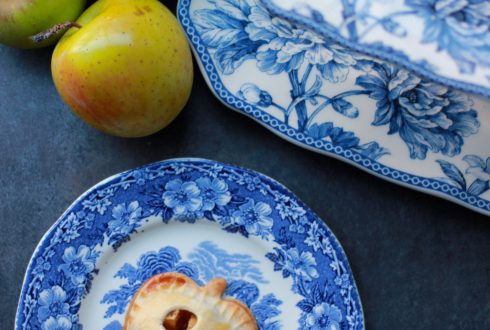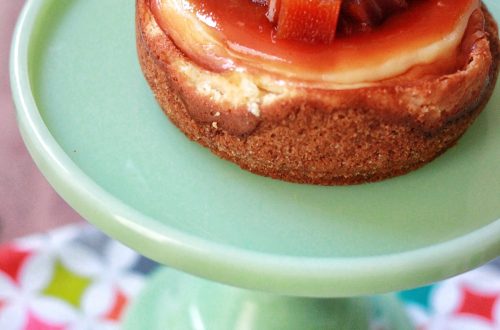
Cooking and food styling are two of my passions in life. I’ve found a recipe doesn’t have to be complicated to be delicious, and with a little creativity it can be beautiful too. If I see food set in a beautiful table setting and a amazing plate presentation I just can’t resist. What can I say, I eat with my eyes!
So I’m dedicating a category of this blog that I’ll call “What’s for…_____?” with some tasty and (of course) beautiful food and recipes.
Today I’ll start with What’s for Breakfast?
Papaya with fresh strawberries and blueberries
tip 1: Costco always have the best papayas, they come 4 in a clear box.
tip 2: I always mix the greek yogurt and honey together in a bowl first for sweetness, then drizzle some more honey on top before serving.
Papaya fruit health benefits
- The fruit is very low in calories (just 39 cal/100 g per serving) and contains no cholesterol; but is a rich source of phyto-nutrients, minerals and vitamins.
- Papayas contain soft, easily digestible pulp/flesh with good amount of soluble dietary fiber.
- Fresh, ripe fruit is one of the fruit with highest vitamin-C content (provides about 103% of DRA, more than in oranges, or lemons). Research studies have shown that vitamin C has many important functions like free radicals scavenging, immune booster and anti-inflammatory actions.
- It is also an excellent source of Vitamin-A (provides 1094 IU/100 g ) and flavonoids like beta carotenes, lutein, zeaxanthin and cryptoxanthins. Vitamin A is also required for maintaining healthy mucus membranes and skin and is essential for vision. These compounds are known to have antioxidant properties; help act as protective scavengers against oxygen-derived free radicals and reactive oxygen species (ROS) that play role in aging and various disease processes. Consumption of natural fruits rich in carotenes known to protect body from lung and oral cavity cancers.
- Papaya fruit is also rich in many essential B-complex vitamins such as Folic acid, pyridoxine (vitamin B-6), riboflavin, and thiamin (vitamin B-1). These vitamins are essential in the sense that body requires them from external sources to replenish and play vital role in metabolism.
- Fresh papaya also contains good amount of potassium (257 mg per 100 g) and calcium. Potassium in an important component of cell and body fluids and helps controlling heart rate and blood pressure countering effects of sodium.
source: nutrition-and-you.com






3 Comments
simplydelish
Yum, beautiful pictures and thanx for the facts!
ovenloven
Looks delicious! Such beautiful photos too!
cecilia
finalmente voltou esse blog maravilhoso com otimas dicas, sempre!!